The wonders of nature never cease to amaze us with their beauty and diversity. Whether it’s majestic mountains towering up to the sky or vast oceans teeming with life, the natural world inspires awe and wonder in us. The towering trees that stand like sentinels of the forest, their branches intertwining to form a leafy canopy, and delicate wildflowers that bloom with vibrant hues attract butterflies and bees with their sweet nectar. Mighty rivers carve canyons and valleys over countless millennia, creating scenic waterfalls and gorges of breathtaking beauty.
In this splendorous setting, live wild animals in their natural habitats. Graceful deer leap through the woods, bounding over dappled sunlight and shadows, colorful birds soar up high in the trees, and playful otters float in kelp forests, tumbling and diving beneath the sea. Each species has adapted to their environment over vast periods of time through evolution, developing unique characteristics to help them thrive in harmony with nature.
When we immerse ourselves in nature, we can find solace in its calming embrace. We discover our place in the world and remember the wonder of existence. The natural world reminds us to appreciate the beauty around us each and every day, filling us with joy and purpose. Its timeless beauty nourishes the soul, as trees stand as sentinels of hope through each season.

The Arctic forests are home to a diverse range of plant and animal species that have adapted to the extreme environment. The majority of the trees found in these forests are conifers like spruce and fir, which are well-suited to the cold temperatures and short growing season.
During winter, these forests are covered in a thick layer of snow, creating a surreal landscape. The weight of the snow causes the tree branches to droop and bend, resulting in sweeping arches and intricate patterns.
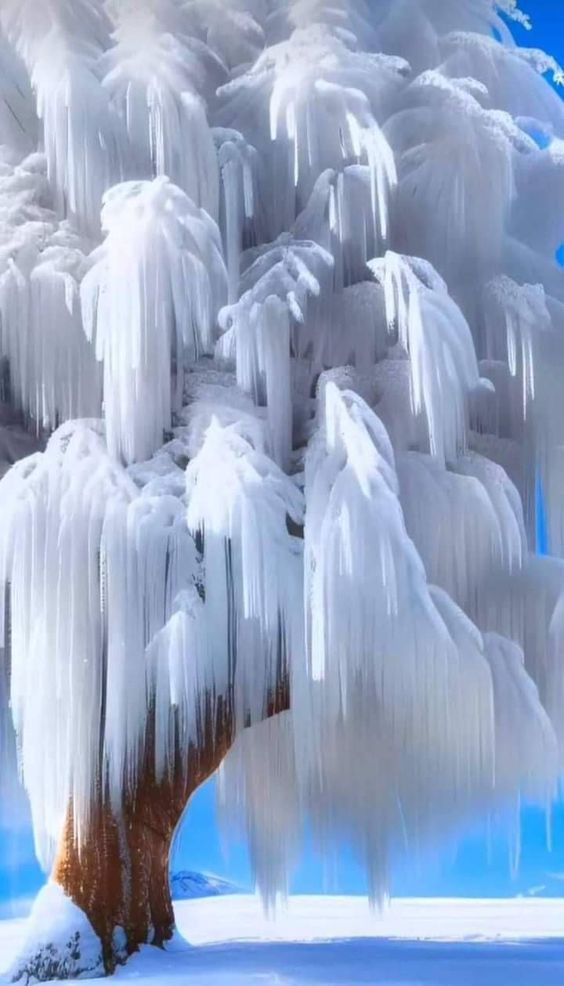
As snow accumulates, it takes on various shapes and structures. Snow drifts and mounds form around the trees, creating natural sculptures and shapes that continuously change with the wind and shifting snow. The beauty of snow-covered forests in the Arctic is not just about their visual appeal, as snow also plays a crucial role in the region’s ecology. It provides an isolating layer that protects plants and animals from harsh winter conditions and helps regulate temperature and moisture levels in the soil, which is essential for the growth and survival of the forest ecosystem.
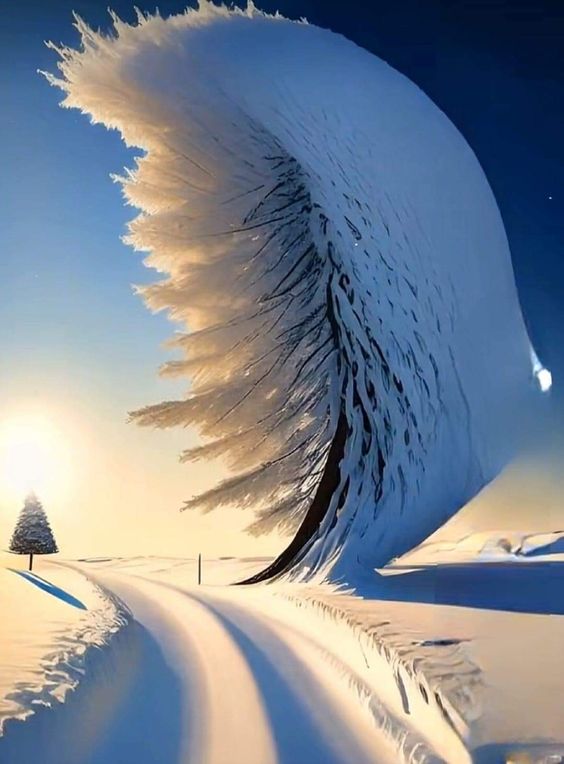
Exploring the snow-covered forests of the Arctic is an incredibly memorable experience. The serene stillness of the environment, combined with the unique shapes and patterns created by the snow, invokes a sense of wonder and awe. It’s a reminder of the beauty and power of nature, as well as the importance of protecting and preserving our planet’s fragile ecosystems.
In conclusion, the snow-covered forests of the Arctic are a stunning and distinctive environment that’s worth exploring. The bizarre shapes and forms created by the snow add to the visual appeal of the landscape while also playing an important ecological role. If you have the opportunity to visit the Arctic, make sure to take the time to explore the snow-covered forests and appreciate the beauty of this incredible region.
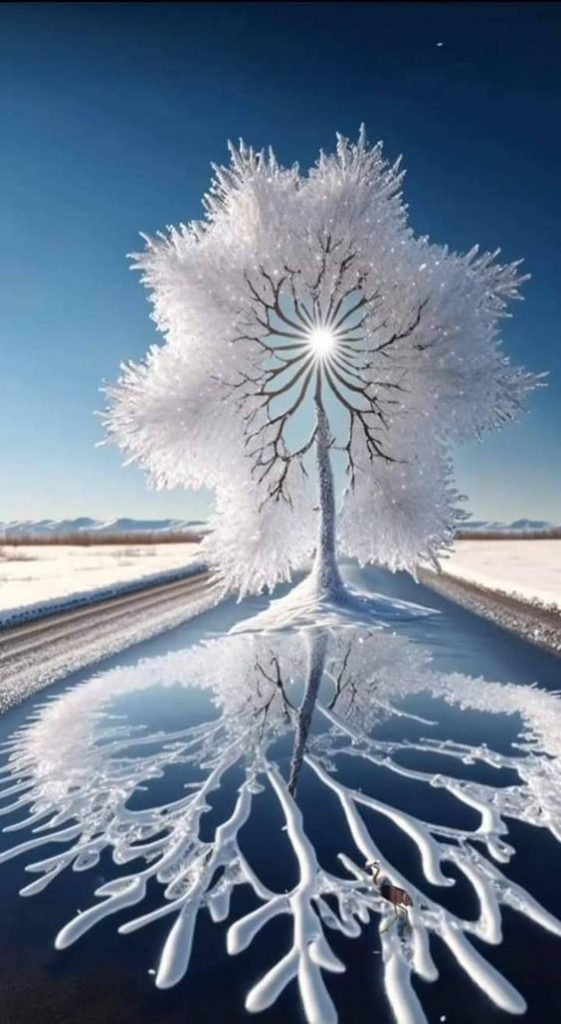
.
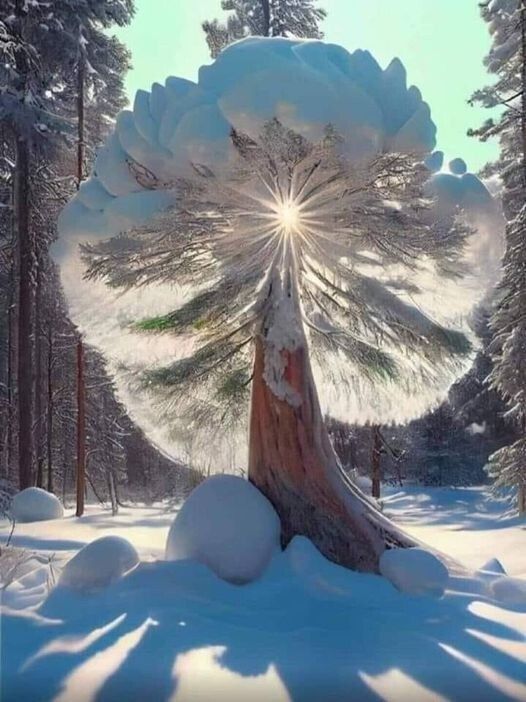
.
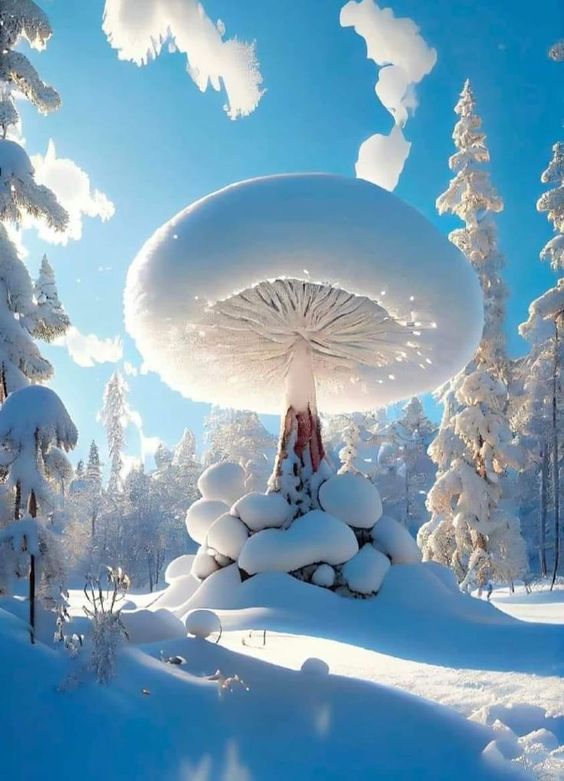
.
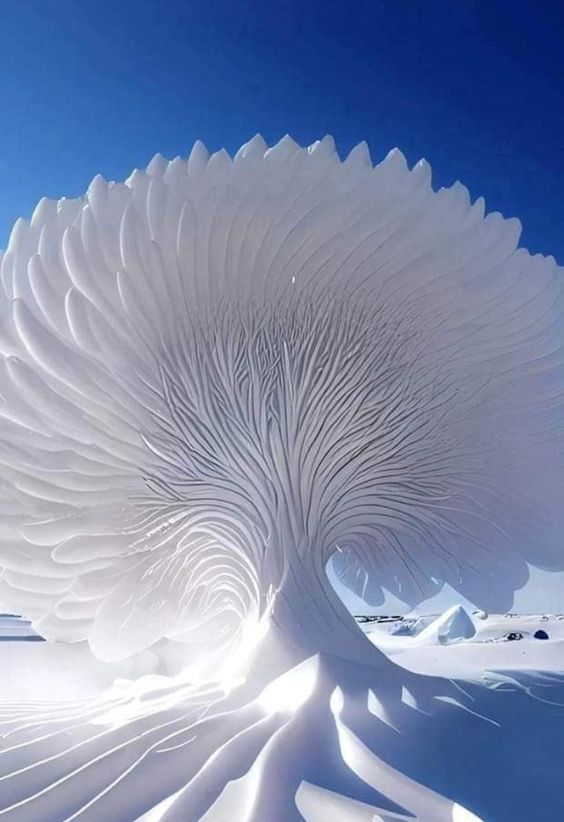
.
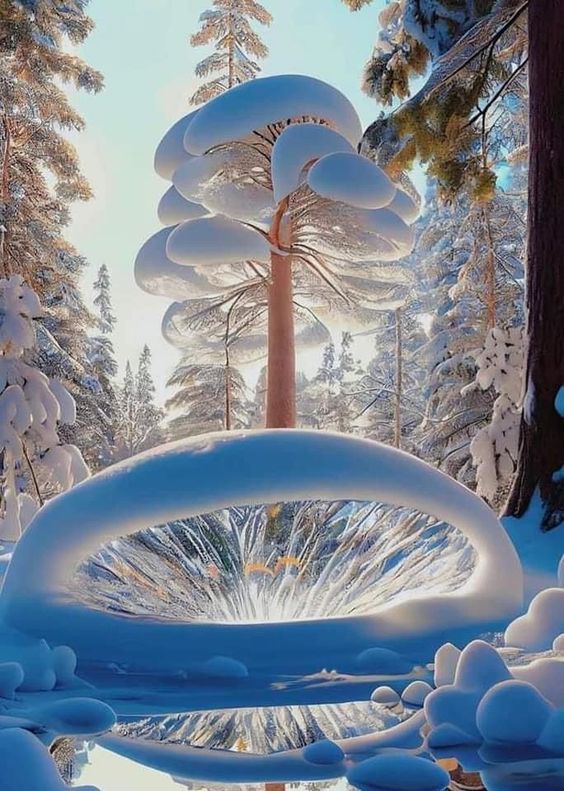
.

.

.

